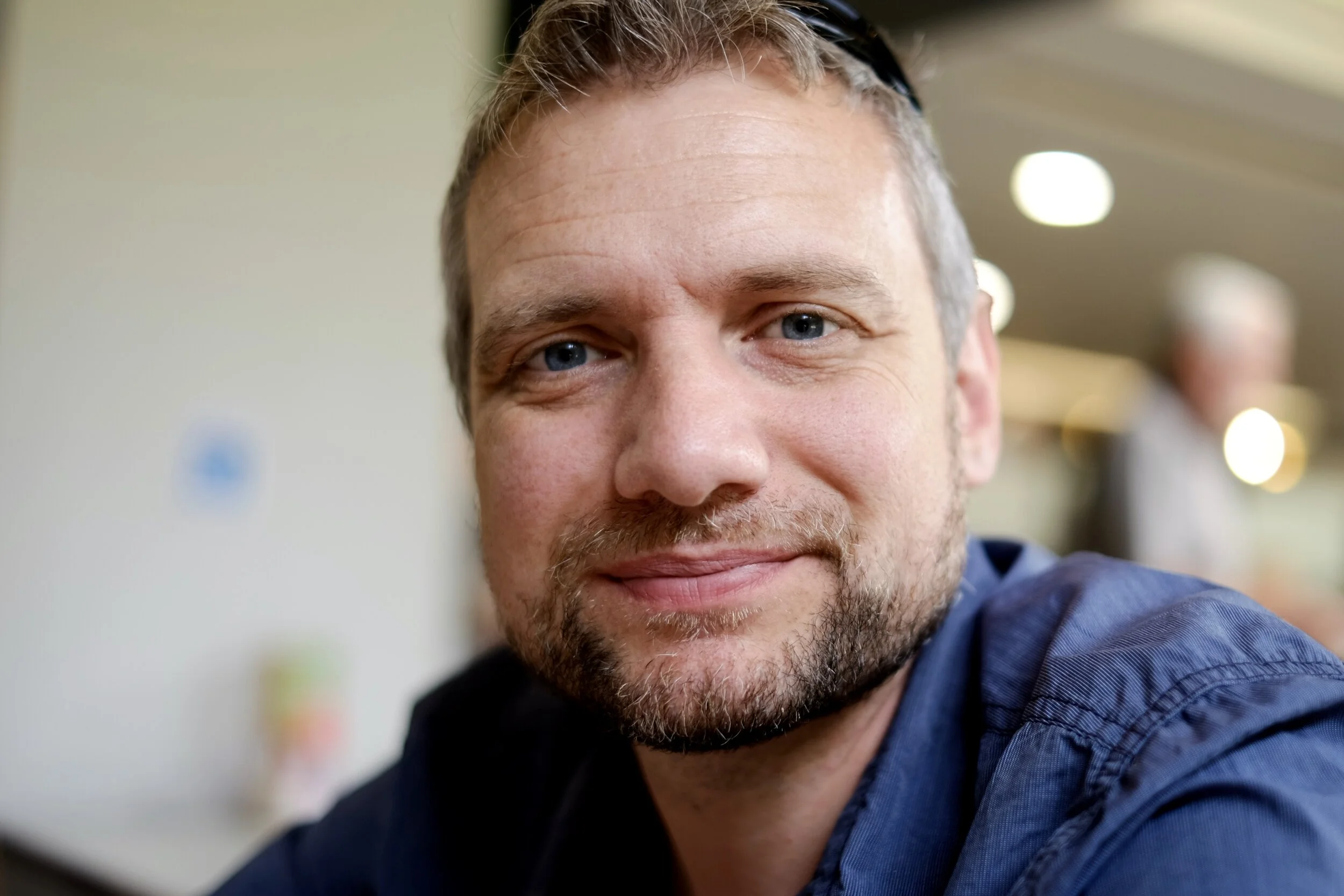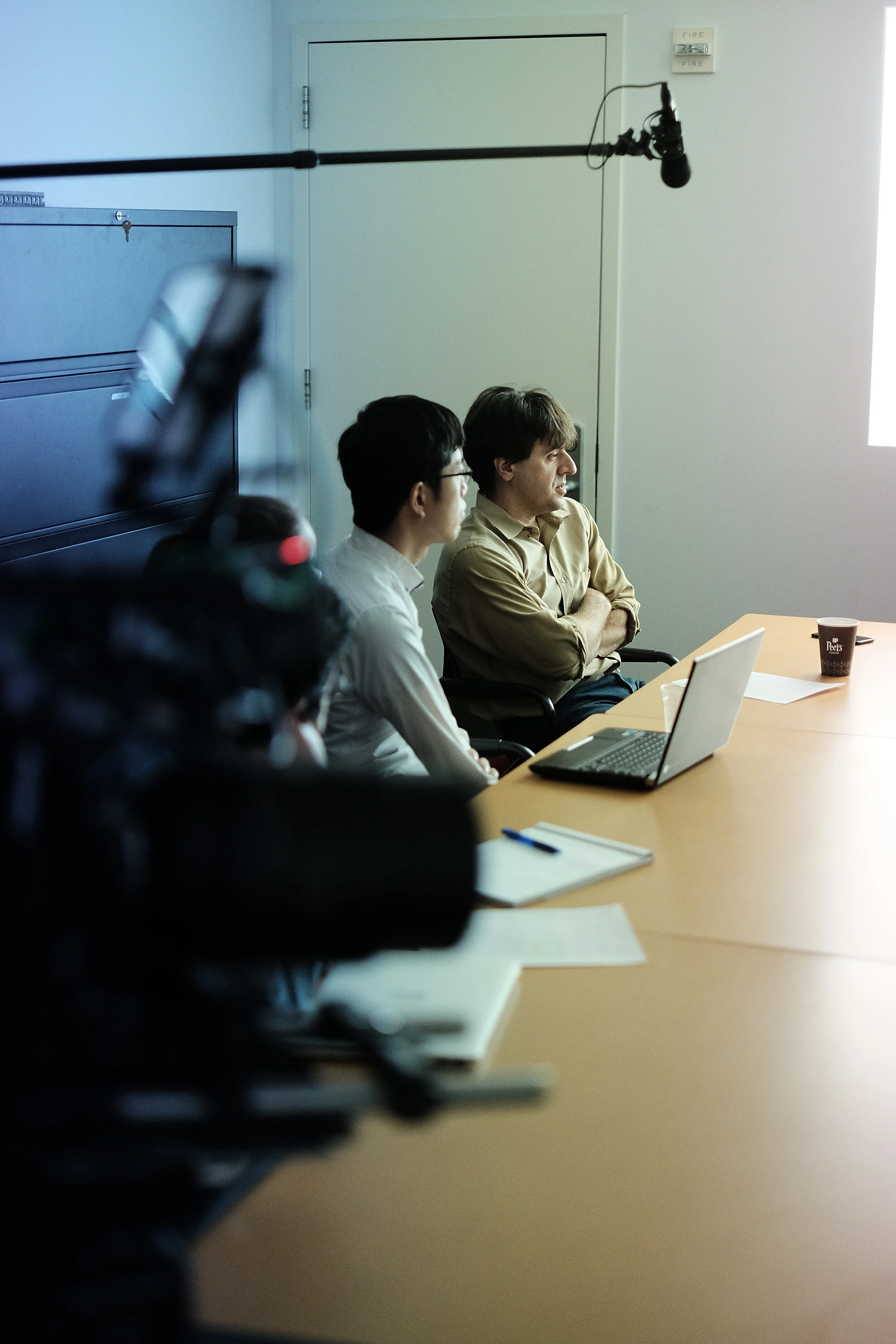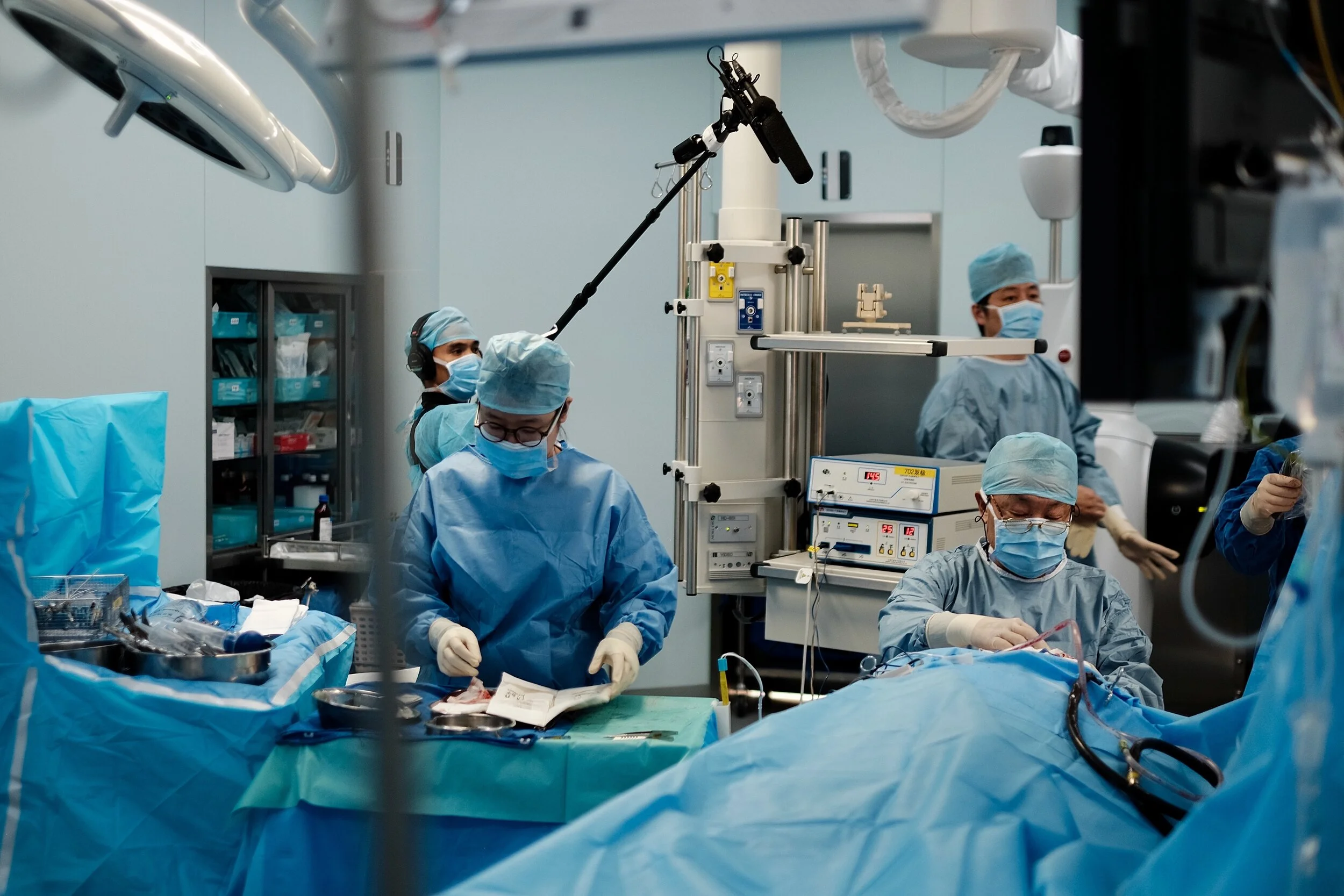05 SPOTLIGHT: MINDS WIDE OPEN
Minds Wide Open is a multi-award-winning documentary which offers a window into the fast-evolving research of neuroscience, with insights from leading figures in the field. Commissioned by the Tianqiao and Chrissy Chen Institute (TCCI) and influenced by the Institute’s belief that ‘we can fix both clinical problems and economic issues … through brain research and neuroscience,’ the film aims to reach new audiences, to inspire a truer understanding of their work, and to ‘show how we can advance humanity by unlocking the secrets of the mind.’ It was released in the US in late 2018 and, in 2019, won eight international awards including two gold and a bronze from New York TV & Film Festivals for Best Science and Technology Documentary, Best Branded Documentary and Best Feature Length Documentary. We spoke to Stephen Judge, director of the documentary, to get a sense of his influences for the project and the ways in which neuroscience widened his mind.
Stephen Judge. Photo credit: Stephen Judge
Ella K Clarke: How did you get involved with the Minds Wide Open (MWO) project? How do you know a subject matter has legs as a feature length documentary?
Karl Deisseroth. Photo credit: Stephen Judge
Stephen Judge: I have a long-standing relationship with MWO’s Executive Producer, Tim May, who worked with the company who commissioned the film (TCCI). What was strange about MWO was that it was never intended to be a full feature length documentary. It started out as a ten-minute film, in a talking heads style format to go on the front page of their website, to better explain their pioneering research in neuroscience and neurosurgery. I was initially commissioned for three to four weeks of filming, and as soon as we started setting up all their contacts in the industry, these amazing international leading lights (like Michael E Greenberg and Karl Deisseroth) just kept building and the film kept growing. The turning point was our first interview with Sir Nigel Shadbolt, Principal of Jesus College, Oxford UK. What was supposed to be a twenty-minute interview turned into a two-and-a-half-hour-long chat, and even then, we hadn’t scratched the surface of his research into Artificial Intelligence. After filming, the crew said ‘when is this going to be on telly?’ and that’s when we woke up and realised that we had something that was quite special on our hands.
Live brain surgery filming. Liangfu Zhou. Photo credit: Stephen Judge
EKC: As a film maker, was there anything in the world of neuroscience that surprised you?
Erik Sorto is a quadriplegic who was able to move robotic limbs through his thoughts after having a machine-brain electrode implanted in his brain. Photo credit: Chen Institute
SJ: Some of the pioneering research by Sergiu P Pasca, who spoke about growing brains in a dish, was pretty incredible. I was also particularly enthralled by Richard A Anderson and his research into the Posterior Parietal Cortex, the area associated with spacial reasoning, planned movements and intent. Anderson helped quadriplegic Erik Sorto through building a smart computer which could respond to intent, and then implanting electrodes into Sorto’s head so that he was able to control his environment with just his thoughts... And another highlight was meeting Liangfu Zhou, Vice Chairman of TCCI, in his hospital. He led us through the hallways into the operating theatre, where we shot a live brain surgery, there and then — it felt incredible to have had that kind of access to a revered neurosurgeon who had performed over ten thousand surgeries.
EKC: And who and what were your influences for the project? Where there any challenges?
SJ: It’s interesting, we knew we were going to have a lot of challenges because a lot of the science was not filmable therefore you have to have a visual language which gives you the freedom to illustrate things metaphorically. Some of this approach came from Tree of Life by Terrence Malik — the idea of looking at the macro and the micro at the same time was something that we latched onto quite early on. What this film could potentially do was, one minute, display the microscopic level of a genome and then, the next shot, you could have a fly-over shot of Harvard. The idea was for this film to look at the tiniest particles of human existence and at the same time look at the bigger picture. The main task was ‘how do you keep an hour’s worth of television interesting on a human level, how do you keep it emotionally engaging?’ It was meeting genuine benefactors, families and people who were actually helped by the science, which was probably the most important thing for the story telling. What was difficult was that it was never planned to be a feature length film, and by the end of shooting, we realised we had enough subject for six films. That was also something we struggled with MWO, especially in the edit suite; we had to figure out, where’s the laymen, where do you draw the line on scientific detail?
EKC: Do you have any more science and tech docs in the pipeline? Are there any you’d like to explore?
Photo credit: Stephen Judge
SJ: I don’t unfortunately. It’ll be difficult to pull together but, there’s been talk of a sequel of MWO – Minds Wider Open/Mind Strikes Back… The TCCI, although they mostly focus on applied science and health and the more biological side of neuroscience, they are also interested in consciousness and finding its origin. There was an interview for MWO which didn’t make it into the final cut, that had this slightly more esoteric side of brain surgery, whether the human consciousness can be recorded, captured or even vindicated. The slight issue there is that your audience gets niche pretty quickly, because unless you believe what they believe, suddenly you’ve made a film that only ten people will understand. When we talked about who the audience would be for MWO, we thought of many platforms it might fit but ultimately it was about who the audience would be. We talked to Netflix, Amazon Prime, Nat Geo but it ended up on Discovery as they responded to [the topic] the best. In my mind, it couldn’t be someone who’s randomly flicking through the streaming service and finds it, it had to be someone who’s looking for it. But, it was definitely one of the highlights of my career and doing a sequel would be amazing.
The Chen Neuroscience Research Building, Caltech Photo credit: Chen Institute
EKC: If you could put one science documentary on the National Curriculum, what would it be?
SJ: An Inconvenient Truth. Al Gore’s documentary was, I think, one of the main drivers towards social awareness of climate change and recycling and it truly revolutionised the average person on the street’s appreciation for how bad the planet was doing, which basically started out as a Ted Talk and turned into a movement, and won best documentary of that year [2006]. I think any film or any documentary on a personal level can change people’s worlds.
Question to Tianqiao and Chrissy Chen: What was your main objective in making this film and what was the experience like for you?
Tianqiao Chen and Chrissy Luo. Photo credit: Chen Institute
Tianqiao and Chrissy Chen: TCCI’s Advocacy and Education program aims to get people excited about and engaged with brain science. We initially set out to create a short video explaining why we chose brain science as our philanthropic focus but after meeting so many fascinating scientists doing truly cutting edge work, we quickly realized we had more than enough content to make a feature length film. Our goal then became rallying support for brain science with policy makers, other philanthropists and those interested in the brain or mind so after its debut, we made it available for free through www.MindsWideOpenFilm.com. We feel the awards that Minds Wide Open won are not only a testament to the quality of the film but also to the excitement people feel about how close science is to achieving major breakthroughs that will change the world.
All images and video shown courtesy of © 2020 Chen Institute and © 2020 Stephen Judge








